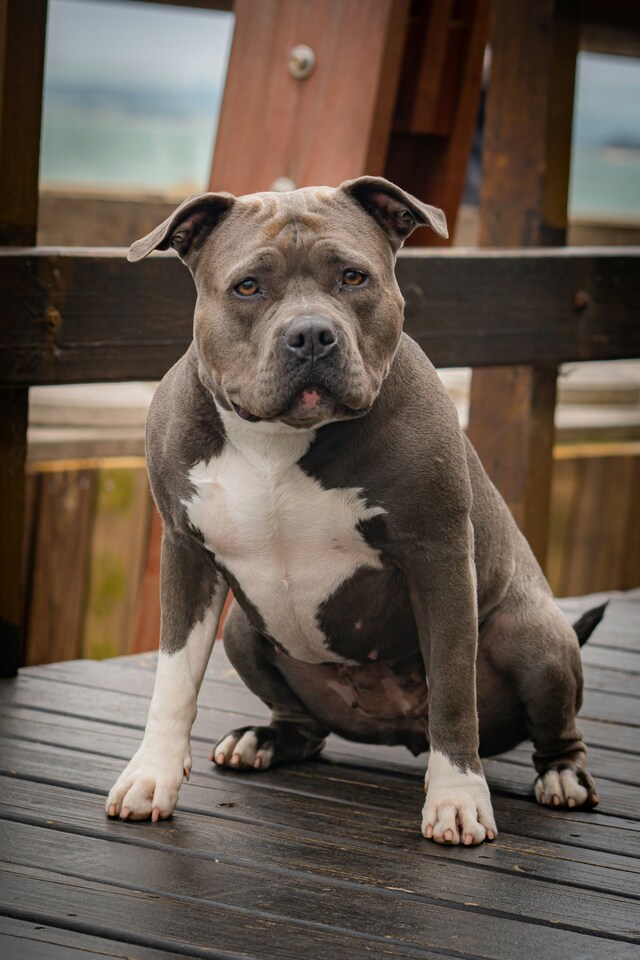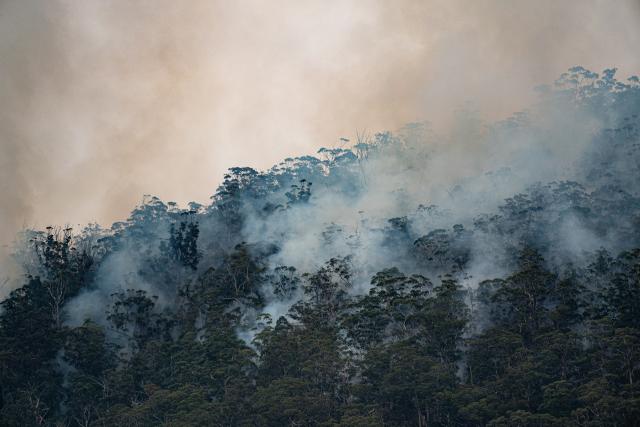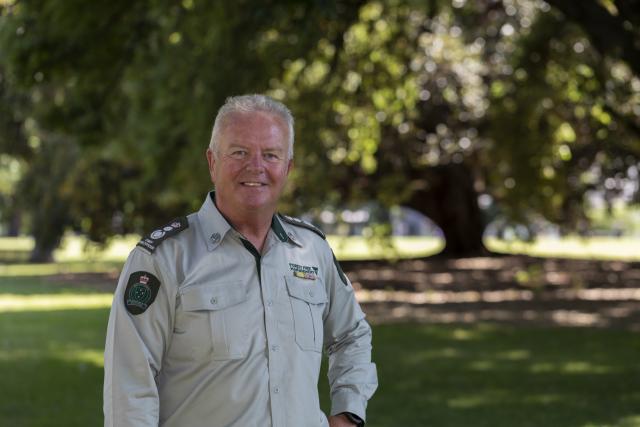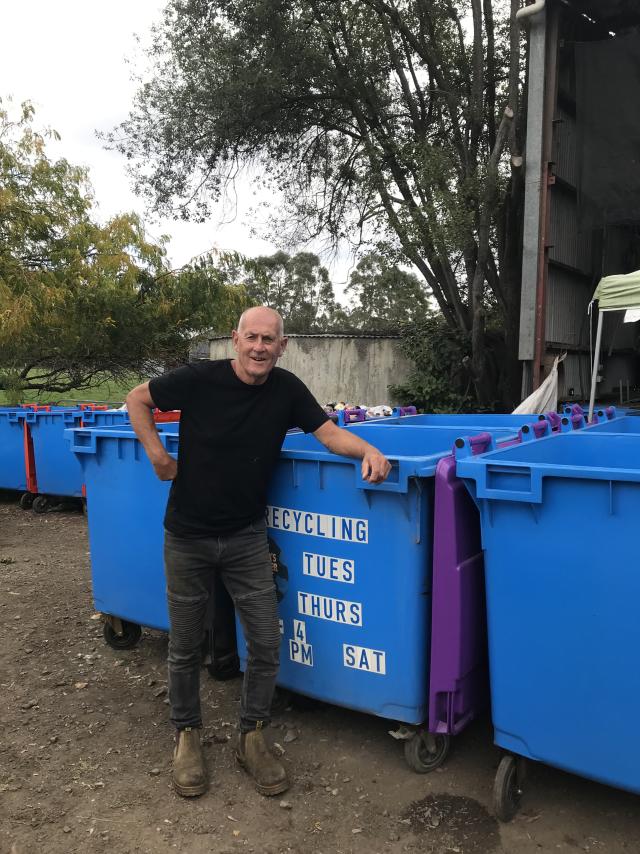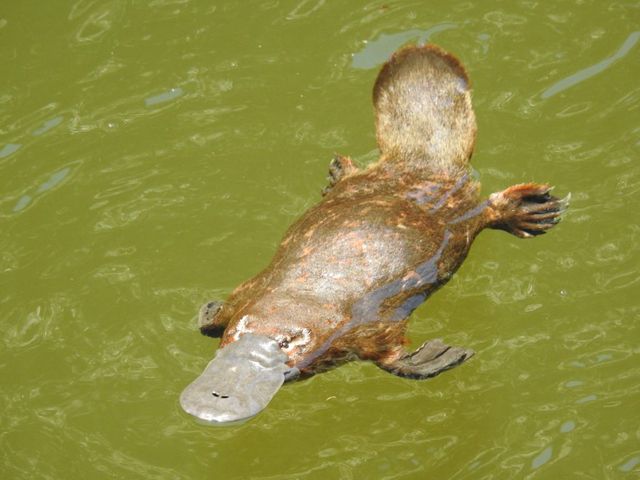A recent ban of the ‘XL bully’ breed of dogs in England and Wales, joining the Pit Bull Terrier, Japanese Tosa, Dogo Argentino and Fila Brasileiro on their banned list, drew the ire of many owners of the breed.
In Australia, while there are no outright bans on dog breeds, ‘restricted’ breeds and rising costs are steadily pushing breeds out of the country but should a local council be able to subtly force you from owning your favourite breed of pooch?
Restricted breeds in Victoria are American Pit Bull Terriers (or Pit Bull Terriers), Perro de Presa Canarios (or Presa Canario), Dogo Argentinos, Japanese Tosas and Fila Brasileiros.
As previously reported by the Star Mail, the maximum registration fees for certain types of dogs have increased heavily in the Yarra Ranges;
‘Menacing’ (has caused a non-serious bite injury to a person or animal or has rushed at or chased a person), ‘Dangerous’ (declared menacing and owner issued with two infringement notices for failing to comply with requirements such as leashing or muzzling their dog in public) and restricted breed dogs have seen an increase in their maximum fee, going from $261 to $320 (22.61 per cent rise). Even dangerous dogs that have undergone protective training or that are guard dogs for non-residential premises have had the same rise.
While menacing and dangerous dogs may include non-restricted breeds that have demonstrated violent behaviour, restricted breeds face higher fees without any history of menacing or dangerous behaviour.
All standard (non-concession) registration fees have gone up by only 10 per cent for other dogs in comparison (not including un-desexed dogs).
In neighbouring Knox City Council, their rates for menacing, dangerous and restricted breeds rose slightly more (4.24 per cent) than other standard fees (3.45 per cent) but have now risen to an astonishing $393 (up from $377).
As well as the massive fees, owners are straddled with severe restrictions on owning these dogs; they must be desexed (unless a vet says otherwise for health reasons), must be microchipped, must wear a prescribed reflective collar, must have warning signs installed at the property, must be muzzled and leashed off the owner’s premises and must have fencing and gates outside that meet specifications that prevent the dog from escaping.
In an article by the ABC on 11 October this year responding to a dog attack in Dandenong, RSPCA chief veterinarian Dr Bronwyn Oke warned against an ‘emotive response’ focused on breeds and euthanising these dogs ‘is potentially destroying dogs that are absolutely fine.’
Restricted breeds can’t be imported and as a result should slowly die out in Victoria and Australia, putting an end to breeds for their potential to harm even if they have never displayed aggressive behaviour.

